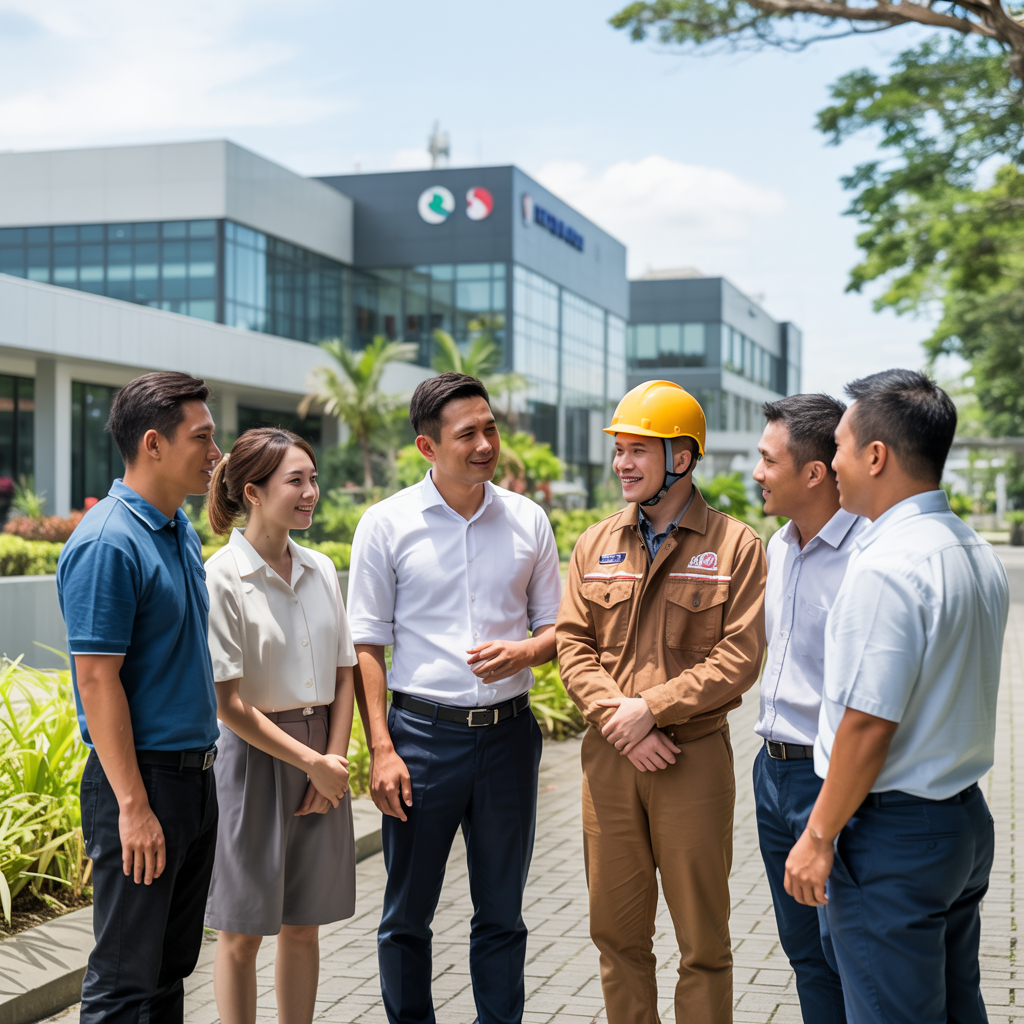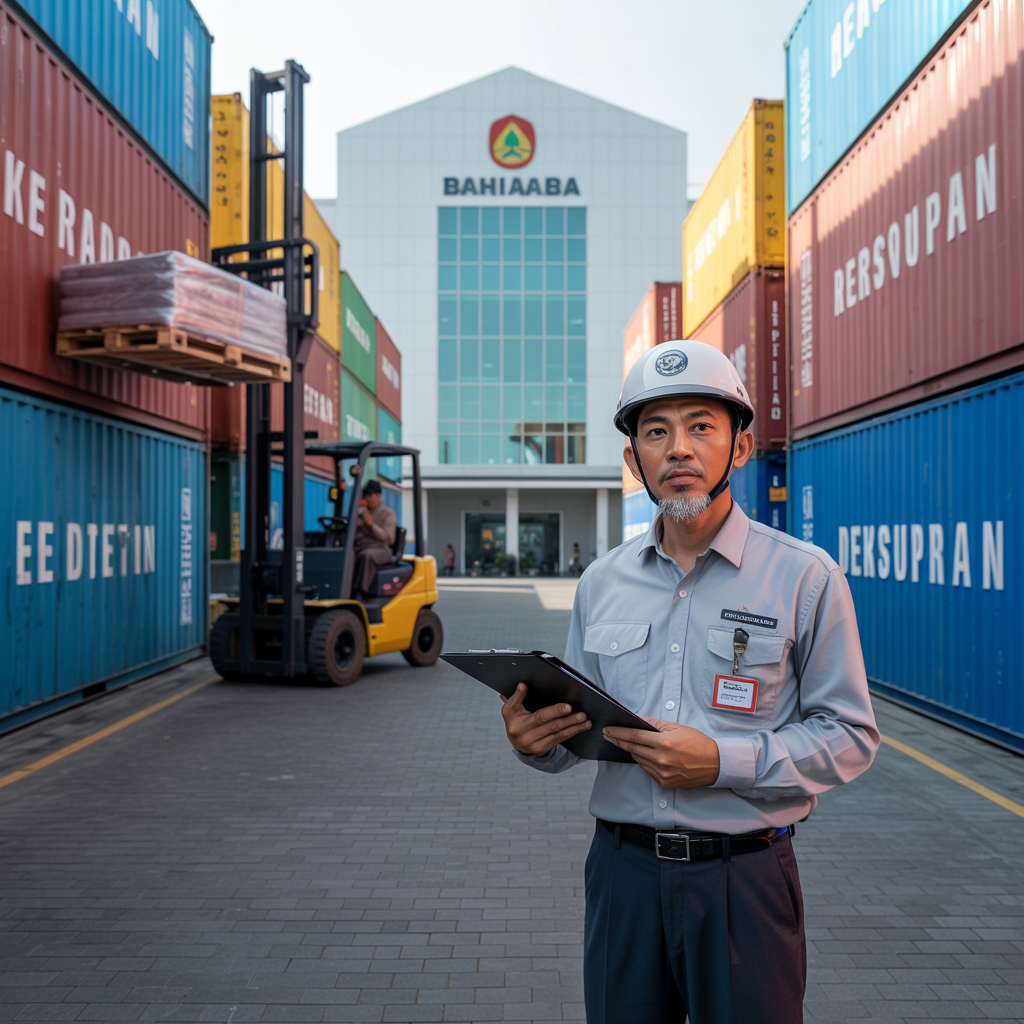Taxation and Customs Facilities in Bonded Zones

Bonded zones in Indonesia are economic areas granted special facilities by the government to enhance industrial competitiveness and expedite the flow of export and import goods. Within these zones, industrial players can enjoy various benefits such as import duty deferral, exemption from certain domestic taxes, and simplified customs procedures. The latest regulations in 2025 further ease business processes by reducing bureaucracy and facilitating transactions for entrepreneurs who wish to invest and run their businesses in Indonesia's bonded zones.
The tax facilities in bonded zones include tax relief that can reduce the production costs for manufacturing industries focusing on exports. Additionally, these facilities allow entrepreneurs to postpone the payment of import duties until the goods are actually moved from the bonded zone to other customs areas of Indonesia. Another benefit is more efficient and transparent administrative processes, which enable companies to be more competitive in the global market. Thus, bonded zones become a strategic choice for investment and the expansion of international business networks.
Bonded zones not only provide advantages for industrial players but also contribute to national economic growth. With the customs and excise facilities provided, bonded zones stimulate exports and imports, and attract foreign investment, which ultimately generates new jobs. Updates to regulations through the latest PMK (Minister of Finance Regulation) in 2025 governing bonded zones are expected to further encourage the accelerated growth of the manufacturing sector in Indonesia. In other words, bonded zones are not only about tax and import tariff relief but also serve as a driving force supporting national industries to grow and become key players in international trade.


